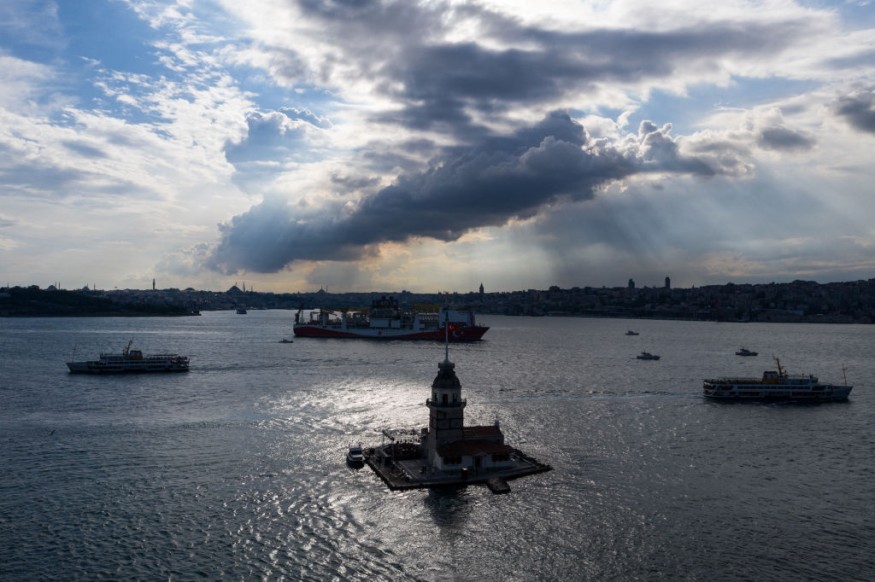Scientists report a high number of dolphin fatalities, which they attribute to the Russian invasion of Ukraine.
Dolphins with war-related injuries, including burn scars from bombs, are washing up on the Black Sea shore, which borders Bulgaria, Georgia, Moldova, Romania, Russia, Turkey, and Ukraine.
Some experts are concerned that the conflict in Ukraine is taking a toll on life in the Black Sea, based on the abrupt and inexplicable deaths of so many of the exquisite marine creatures.
According to specialists, the hostilities fought along Ukraine's shoreline have caused enormous environmental damage and have harmed dolphin habitats. However, the conflict has made gathering precise information hard. Thus, the dolphin fatalities remain a mystery for the time being.

Thousands of Dolphins Died During Russia-Ukraine War
Ivan Rusev, research director of Ukraine's Tuzla Estuaries National Nature Park, has been recording the battle on his social media page for the past 101 days. He used his platform to raise awareness of the invasion's ecological consequences.
Rusev describes how dolphins are coming up on the beach with burns from bombs and landmines, internal ailments, and evidence of not feeding for days in a Facebook post.
The ecologist noted that thousands of dolphins have already died based on data he and his colleagues and other researchers around Europe collected.
"Barbarians kill not only civilized people but smart dolphins," he wrote on his Facebook account.
ALSO READ : Killer Whales Attack: Orcas 'Fighting Like Dogs' Attack Sailor, Rip Yacht Apart Near Portuguese Shore
The Turkish Marine Research Foundation has also expressed concern over the rising dolphin death toll, claiming that the war has "devastating repercussions" on the marine ecosystem.
The research foundation stated in a news statement that the war has generated a "crisis in biodiversity." It included eradicating endangered red algae (which serves as a "living ground" for many marine species) and converting fish feeding areas - including dolphins - into a maritime combat zone.
It also raised concerns about the risk of oil and gas spilling into the water from sinking military ships.
Current Marine Biodiversity in the Area
Before the war, a group of 100 scientists from the Black Sea, Mediterranean Sea, and adjoining Atlantic Sea conducted a study of marine biodiversity to assess the number of dolphins in these areas.
According to the New York Times, more than 253,000 healthy dolphins existed in the Black Sea, indicating a robust ecological system.
"Due to the war between Russia and Ukraine, biodiversity, marine, food, and environmental security are under threat in the Black Sea," it said in a statement in April.
The research organization had previously warned that ship noise and low-frequency sonars harm marine wildlife, particularly dolphins who use sound-activated methods of communication.
It went on to say that oil and gas leaks from sunken military ships might exacerbate environmental harm.
With the conflict still waging and data gathering attempts being tampered with, it's impossible to say how many of the quarter-million dolphins will survive.
RELATED ARTICLE : National Oceanic and Atmospheric Administration Warns Swimmers Not to Get Too Close to an Aggressive Dolphin in Padre Island
Check out more news and information on Animals in Science Times.
© 2026 ScienceTimes.com All rights reserved. Do not reproduce without permission. The window to the world of Science Times.











